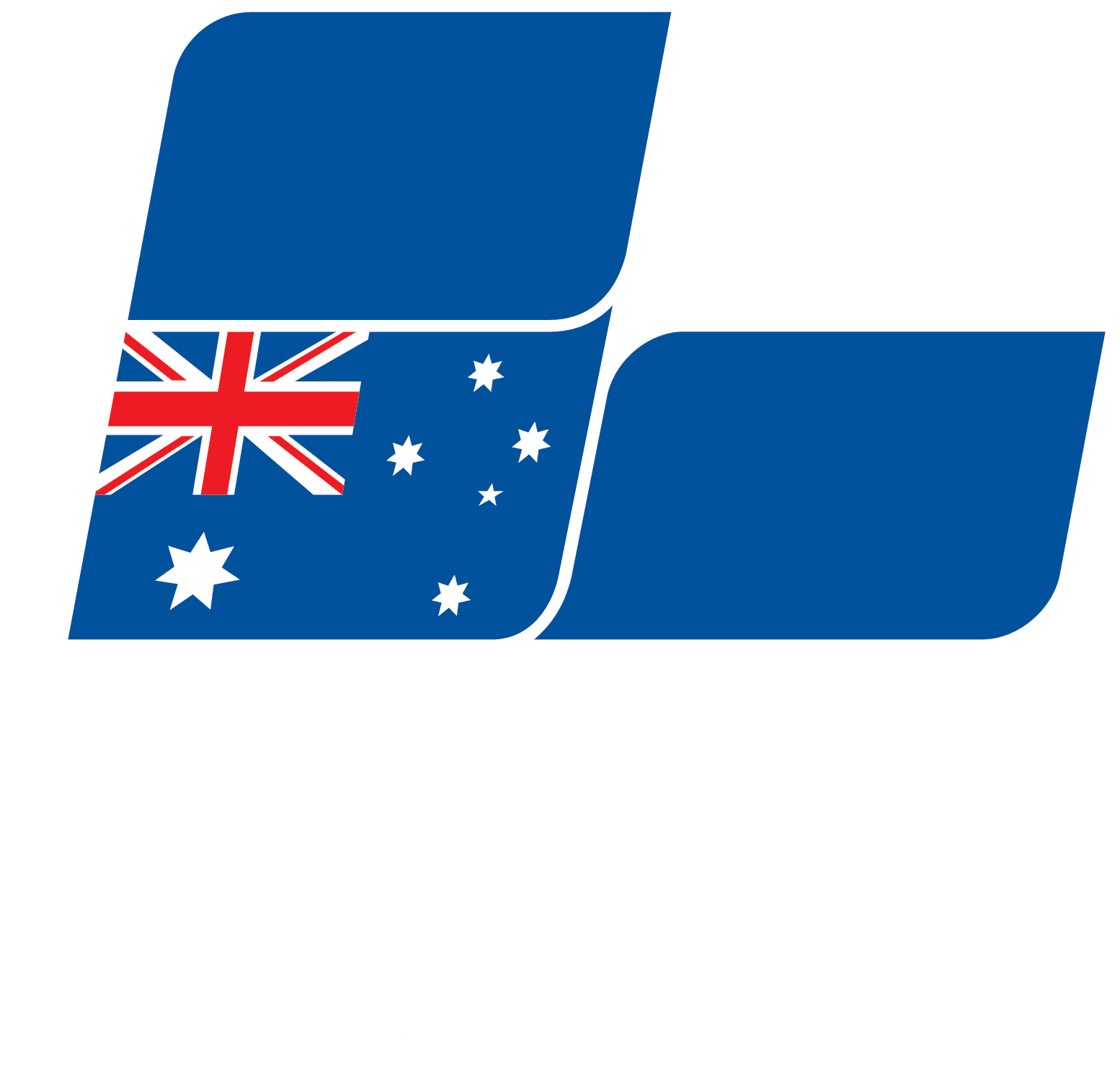Parliamentary Joint Committee on Human Rights Report – 23 November 2016
Senator REYNOLDS (Western Australia) (16:50): I move:
That the Senate take note of the report.
In particular, I want to discuss the Migration Legislation Amendment (Regional Processing Cohort) Bill 2016 which the ninth report considered. Reports in the media last night and today that government members of the Parliamentary Joint Committee on Human Rights are not supportive of the bill are completely false, and I think they demonstrate an appalling lack of understanding by those who have reported these stories of the role of scrutiny committees.
But first let us remind ourselves of why we are taking these measures. It is not as those opposite and some in the media like to portray us—that we are cold-hearted right wing ideologues. In fact, it is quite the opposite. We did not open the regional processing centres, but we have taken and we continue to take responsibility for closing them down. Under the Labor government, with the support of the Greens, the people smugglers were put back into business and they were kept in business over the life of the last Labor government. Sadly, however, their business is the trade in and exportation of some of the world’s most vulnerable people.
What was the result when Labor and the Greens put people smugglers back into business? The facts are very clear. Fifty thousand illegal maritime arrivals attempted to come to Australia in over 800 boats. Seventeen onshore detention centres and two offshore regional processing centres were opened by Labor, and still they could not cope with the absolute flood of illegal arrivals.
Under the previous governments and under their policies, over 8000 children were placed in detention, including in an offshore regional processing centre that was set up too quickly and was ill-equipped to handle families and, in particular, children. These were not places for children at that time. Most shockingly of all to me, we know that it least 1200 people died the most heinous deaths at sea as a direct result of the policies of the government of the day. The lives of all 50,000 men women and children were put in harm’s way. Many of them—those who did not die at sea and who were returned—lost their life savings because, unsurprisingly, people smugglers do not give refunds.
There is no simple or straightforward solution to dealing with the cruel and insidious crime of people smuggling. If there were, governments would have taken them many years ago. At the heart of this cruel and insidious trade—and I learnt of this when I was in government as a chief of staff dealing with this in 2001-03—people smugglers do not respect our compassion; they see it as a weakness to exploit and to make money on. What they are exploiting? They are exploiting people. What does compassion look like? Firstly to me there is absolutely nothing compassionate about deliberately allowing people to die and keep dying at sea. There is nothing compassionate to me about providing false hope to those who have paid people smugglers that one day they will have the means of entry into Australia. That is the product the people smugglers keep trying to sell them. As we saw in a recent estimates hearing, there is absolutely nothing compassionate about the vilification by some people in this chamber and in Hansard of our brave Australian men and women—in border protection, law and enforcement and defence—who protect our borders. Those men and women have suffered great emotional distress at having to deal with the dead and dying at sea as a direct consequence of government policy. That to me is not compassion.
How successful were they under the Howard government? Clearly they worked, but how have they worked this time under this government? It is now been more than 830 days since a successful illegal boat arrival in Australia. This government has closed all of Labor’s 17 detention centres, and all children have been removed from detention. Most importantly, there have been no more drownings at sea of men women or children.
Senator Whish-Wilson: Not in our sea, but in somebody else’s sea.
Senator REYNOLDS: But we cannot afford to say that the war against people smuggling is over. Today there are at least 14,000 people still in the people-smuggling pipeline which stretches all the way from the Middle East through to Indonesia. They are waiting for a signal to start getting back on the boats. We cannot save many of these people’s lives; we cannot afford to put the people smugglers back in business; and we cannot let them take the chance of arriving here or at least surviving the trip at all.
The government’s regional processing cohort bill, and in particular section 46A (2AA) does provides the necessary legislation to mitigate, stop and deter people smugglers from further endangering the lives of these men, and women. The bill is further confirmation of the government’s commitment to: ensuring and maintaining border protection; ensuring the integrity of our migration system; and ultimately, by these amendments, ensuring that the people smugglers’ trade in human misery cannot not happen again.
This legislation, somewhat inconveniently for those opposite, is also entirely consistent with former Prime Minister Rudd’s statement on 19 July 2013 that:
Any asylum seeker who arrives in Australia by boat will have no chance of being settled in Australia as refugees.
That is a very unequivocal statement. He did not provide any caveats at the time in case people in the future want to come back as tourists or anything else. It was a very clear statement:
Any asylum seeker who arrives in Australia by boat will have no chance of being settled in Australia as refugees.
Minister Dutton, in his second reading speech in this bill, said this:
These policies and practices were not developed from a basis of fear—how could they be, because more than one in four Australian residents were born overseas and close to half of the population have at least one parent born elsewhere. Immigrants and their descendants are foundational to Australia’s human capital and social fabric.
This bill does introduce a statutory bar preventing certain non-citizens who were taken to a regional processing country from making a valid application for a visa to visit or remain in Australia.
Contrary to media reports overnight and again today, the bill’s explanatory memorandum also clearly addresses—and I think satisfactorily—the human rights matters. The first of these is this:
The measures proposed in the bill are compatible with human rights. Any limitations the rights of persons in the designated regional processing cohort are reasonable, necessary and proportionate to achieving the legitimate aim of maintaining the integrity of Australia’s lawful migration programs and discouraging hazardous boat journeys.
It is also important to note these other points about human rights. Like many of the other sections within the current Migration Act and regulations, the minister has discretion and flexibility to lift the exclusion if it is in the public interest to do so. This consideration could occur in circumstances involving Australia’s human rights obligations towards families and children, allowing a valid application for a visa on a case-by-case basis and in consideration of the individual circumstances of the case, including the best interests of affected children. This ban only applies to those who are at least 18 years of age on the first or only occasion after 19 July 2013 when taken to a regional processing country.
Additionally, this bill does not limit the ability of the minister to grant a visa to a person in detention and, combined with the minister’s ability to allow a visa application to be made, will allow a person in the affected cohort to be considered in the same way as other unlawful non-citizens. That is, and it is critically important, the person will be maintained in detention only where there is a risk to the safety of the Australian community.
These amendments send a strong message to people smugglers that they have no product to sell, and those considering paying people smugglers to travel here illegally by boat they will never ever have the false hope of setting foot in Australia. There are no easy policy solutions in dealing with people smugglers; there are only the best of the bad ones. But implementing policies that give false hope and lead to heinous deaths at sea—is never a policy I will support. (Time expired)
The ACTING DEPUTY PRESIDENT ( Senator Ketter ): Thank you, Senator Reynolds.
Senator REYNOLDS: Mr Acting Deputy President Ketter, may I seek leave to continue my remarks?
The ACTING DEPUTY PRESIDENT: Senator McKim wishes to speak on the same matter.
Senator REYNOLDS: Can I seek leave to continue my remarks on this at a later date?
The ACTING DEPUTY PRESIDENT: I think we will hear from Senator McKim now.


